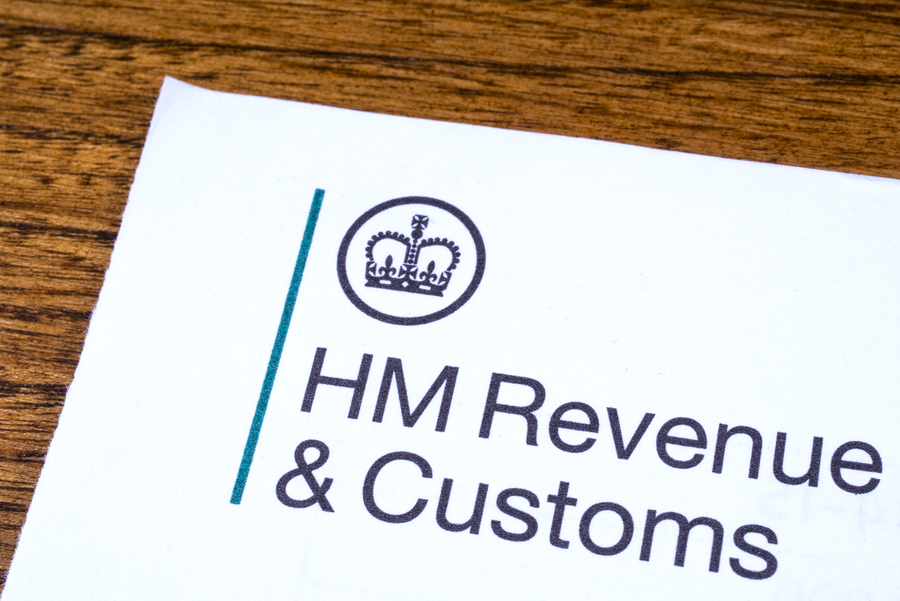
Published: November 28th, 2019 in Business
Large multination companies commonly structure their corporate structure and accounting practices to take advantages of lower taxes in the areas they operate. By declaring an economic activity occurs in another country and is therefore subject to the taxation rules in effect in that location, companies can effectively divert their profits to a particular jurisdiction in which they have a presence. This basic principle underlies the concept of transfer pricing and profit diversion.
In January of 2019, HMRC launched a new Profit Diversion Compliance Facility – also known as PDCF or simply the Facility – with the aim of encouraging multinational companies with tax arrangements potentially linked to Diverted Profits Tax (DPT), to analyse their previous transfer pricing and compile a settlement proposal and report based on any extra UK tax and interest. PDCF is available to those whose accounts are not currently under enquiry or review.
Depending on the size, type and age of the business, companies should carefully consider the advantages and disadvantages of the scheme before deciding on whether or not to use the Facility.
In 2015, DPT was introduced in a bid to target multinational businesses operating within the UK who were not disclosing the correct amount of profits. In certain cases, PDCF can afford non-compliant businesses with some form of certainty going forward in a cost-effective way.
In addition to DPT, loopholes to international tax rules have been tightened thanks to the OECD’s base erosion and profit shifting (BEPS) programme which aligned tax rules more closely to a cross-border business’s operational structure.
In the eyes of HMRC, however, some multinational businesses are still using non-compliant tax arrangements. If you’re unsure of whether your company or organisation is at risk of a penalty, it’s worth reading the guidance that accompanies the Facility as it lays out a series of common risk areas. As an example, one case in the documentation highlights a business which allocates risk outside the UK, but in practice controls the risk from within the UK.
Unless special dispensation is formally arranged with HMRC, businesses wishing to use the Facility need to register with HMRC and submit a self-report within six months, outlining any accounting irregularities along with any tax, penalties and interest – all of which will need to be paid upon submission of the report.
In addition, any staff with operational knowledge of the business at the relevant time can expect to be interviewed and any written evidence – including emails and printed documentation – will need to be officially reviewed.
As we’ve mentioned, a multinational business isn’t able to use the Facility if they’re under investigation by HMRC at the time of registration. That said, if a business has received a DPT notice but no subsequent action was taken, then in the majority of cases the Facility could still be used.
It’s worth noting that PDCF doesn’t provide any perks or ‘giveaways’ for businesses who come forward, but if a penalty is deemed to be applicable, then use of the Facility may lower any HRMC costs a business is liable for.
Businesses who haven’t made a DPT declaration where tax is deemed as unpaid prior to 1 January 2019 (this applies to all years up until 2017 for businesses with a 31 December tax year) for those with a 31 December year end this includes all years up to 2017) can see failure-to-notify penalties reduced to zero if they register by 31 December 2019.
To avoid the costly financial and time implications of an HMRC investigation, it’s worth considering preparing a disclosure report, which will give your business more control of your arrangements with regards to PDCF arrangements.
Although it’s never a given, resolution should also be a swifter process under PDCF as HMRC has indicated that it aims to reply to any settlement proposals within a maximum of three months. And, if HMRC doesn’t approve your proposal, a disclosure report can be used to speed up the resolution process going forward.
With HMRC warning that they have a ‘hit list’ of businesses they suspect of diverting profits, a specially formed team will review any proposals and reports submitted under the PDCF scheme.
As the Facility is a new system, HMRC will be sending warning letters to multinational companies informing them about PDCF and inviting them to consider registering. Businesses that are sent a letter but do not respond may face an HMRC investigation by their Fraud Investigation Service, otherwise known as FIS.
It’s important to note, however, that HMRC will not be sending letters to all businesses deemed as high-risk, and reserve the right to begin an investigation without any prior notice. Because of this, multinational businesses should be proactive and take appropriate action before deciding on whether or not to use the Facility.
In addition to affording businesses potential benefits with regards to penalties, HRMC has stated that once a self-report has been agreed, the treatment should be acceptable for use in the future, on the condition that there are no changes in circumstance.
Although HRMC have been clear in the fact that this is by no means a guarantee, depending on their taxation status, some businesses could regard PDCF as an innovative and cost-effective way of creating an informal advanced pricing agreement, which in their usual form can take a long time to fully agree.
Before rushing into any action, businesses should think clearly about the potential benefits and drawbacks of using the Facility. They should do this by stress-testing their current transfer pricing policy arrangements against the risks highlighted in the PDCF guidance.
Are you looking for advice on the Profit Diversion Compliance Facility (PDCF)?
PDCF is an intriguing addition to HMRC’s compliance inventory and could prove to be an invaluable tool for those companies who are willing to engage with the Facility proactively.
Our friendly and knowledgeable team at TFMC are here to help with any queries you may have about this, as well as with any other accountancy and taxation requirements you may have. To get in touch please call us on 0800 470 4820 or send us an email at info@tfmcentre.co.uk.




